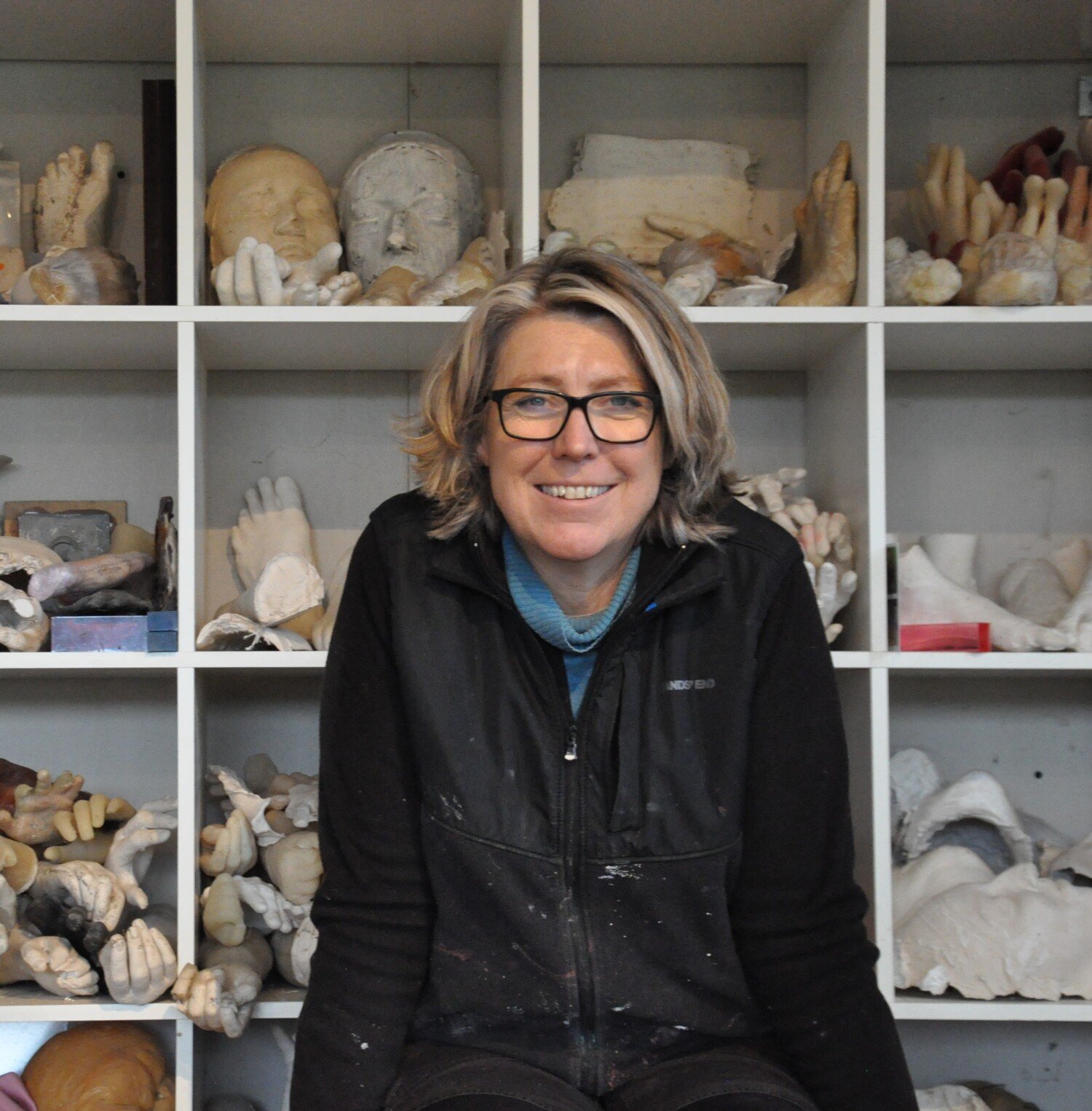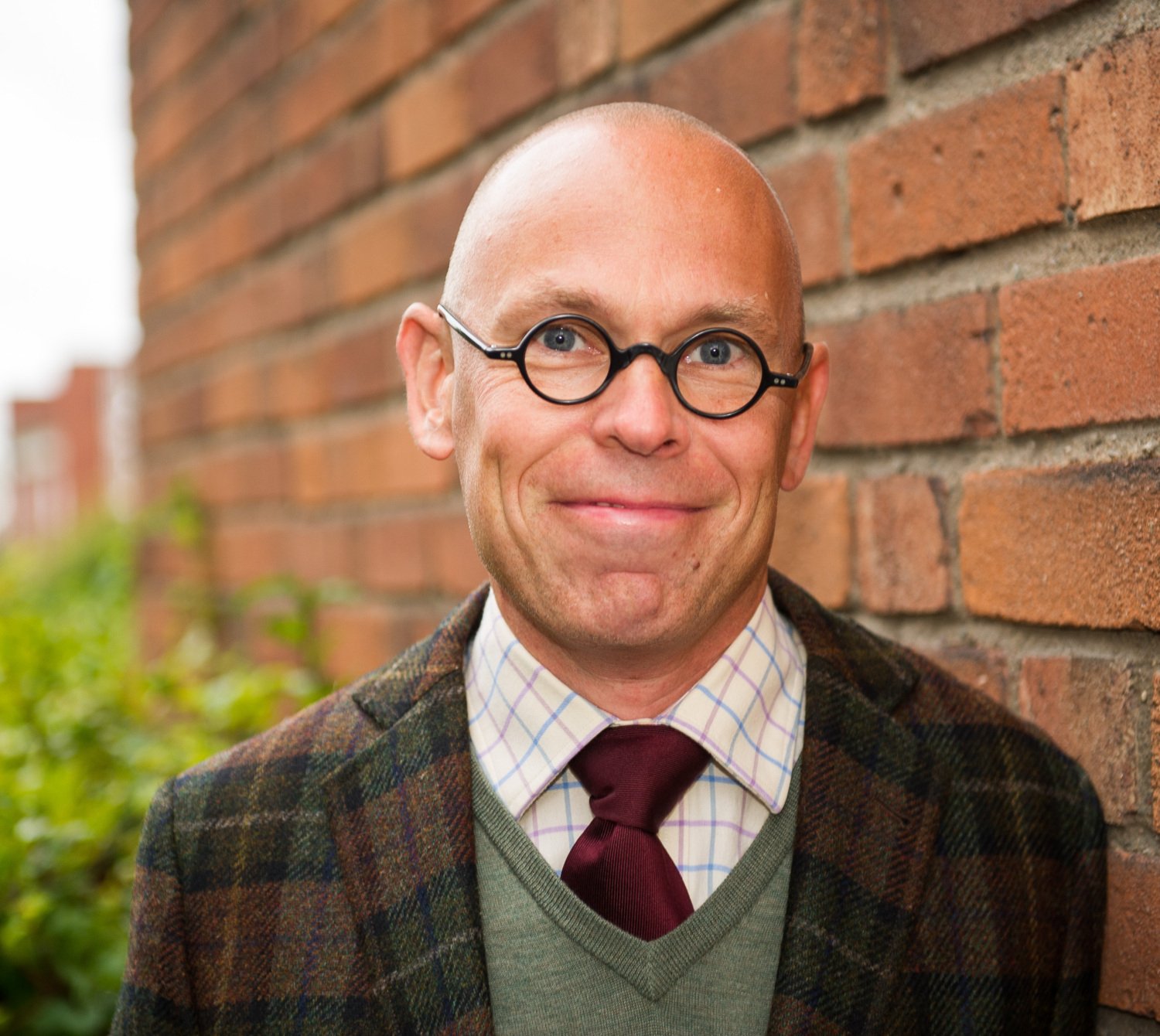Art, humanities and health professions education - Lucy Glendinning & Jonas Nordquist
By integrating arts and humanities throughout health professions education, students can learn to be better observers and interpreters; and build empathy, communication and teamwork skills, and more.
At the Educational Congress we offer two practical workshops on how art and humanities can be used in health professions education:
- Using drawings to activate our learners and to connect learning with previous knowledge and the subconscious
- How to use visual arts in learning.
The first workshop on drawing is practical and the second workshop is analytical.
Venue
Please note that theese workshops are held at GSA Gallery, Hudiksvallsgatan 6, an art gallery for contemporary art, located close to Karolinska Institutet Solna Campus.
Book your place at the workshops via the email you will receive after registering for the Congress.

Drawing workshop
In this workshop, we'll integrate aspects of automatic drawing, albeit not in its purest form, along with the somatic experience of drawing through speed drawing techniques. We will delve into mark making and explore responsive drawing from the subconscious.
The aim for this workshop is for the focus to be on the process and experience of drawing rather than the outcome. To demonstrate how drawing exercises, like these, can stimulate creativity and innovative thinking, and by alleviating participants from the pressure of any outcomes, the results can often be a delightful surprise.
After this workshop you will be able to:
- Demonstrate automatic and speed drawing techniques.
- Discuss how drawing techniques can be used to stimulate creative and innovative thinking and explore their potential as learning tools and problem-solving strategies.
- Reflect on the experience of automatic and speed drawing, and how it fosters creative thinking through its somatic nature and connects with the subconscious.
- Top of Form
Facilitator
Lucy Glendinning, FRSS, a UK-based sculptor and installation artist, exhibiting extensive international over the past two decades. Her work is influenced and often derived from medical research, and she regularly works collaboratively with scientists.

Visual arts as a catalyst - improve your skills to observe and interpret
In this workshop we will use contemporary art as a catalyst to improve your observation and interpretation skills. You will be invited to view and reflect on a number of paintings/photos in a gallery space, individually and in peer-groups. Through a three-step process you will expand your perception. The workshop is a demonstration of how the process of using visual arts in learning can work. The workshop will conclude with a conversation on the meta cognitive aspects included in using art in health professions education.
Visual arts can be used for various purposes in addition to enhancing observation and interpretation skills. Art has also been used to build empathy and learn how to “walk in someone else shoes”. Other purposes can be communication training, peer-to-peer learning and indeed improving teamwork. Art can facilitate interprofessional learning.
After this workshop you will be able to:
- Describe how visual arts can be used as an active learning strategy to improve learning
- Reflect on how visual arts can connect to previous knowledge, experience and your subconscious
- Discuss how visual arts can be used in learning within health professions education and interprofessional health professions education.
Facilitator
Jonas Nordquist, PhD. Jonas Nordquist is a senior researcher in medical education at Karolinska Institutet with separate degrees in art history and performing arts. He uses visual arts and dramatic arts extensively in his teaching.
